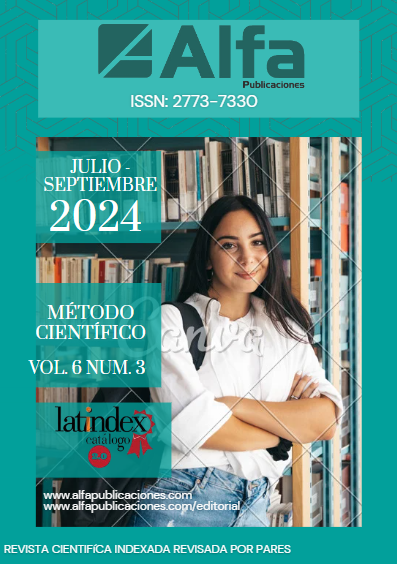The assessment of students, from a pedagogical conception of integrality. Principles and functions
Main Article Content
Abstract
Introduction: Currently, in Europe and Latin America and the Caribbean, there is an awakening in terms of debates, about the need for greater attention to student assessment. Objective: reflect on the need for an assessment of students from a pedagogical conception of integrality and incorporate specific functions as well as a principle that promotes the comprehensive training of students. Methodology: Theoretical and empirical methods of scientific research are used, with emphasis on qualitative methodology based on a case study, in which various data, sources and methods are triangulated. Results: integrality in man has been studied, but there is no treatment of the term from a psychological point of view, which supports its assessment from pedagogy. From theory, the principles and functions of assessment are numerous and used with diverse meanings. Conclusion: studies on student assessment are focused on its phenomenal manifestation and not always on the conceptual. Hence, the need for a conceptualization, a principle and functions that promote comprehensive training. General study area: Pedagogy. Specific study area: assessment of students.
Downloads
Article Details
dssfdsf
dsfdsf

